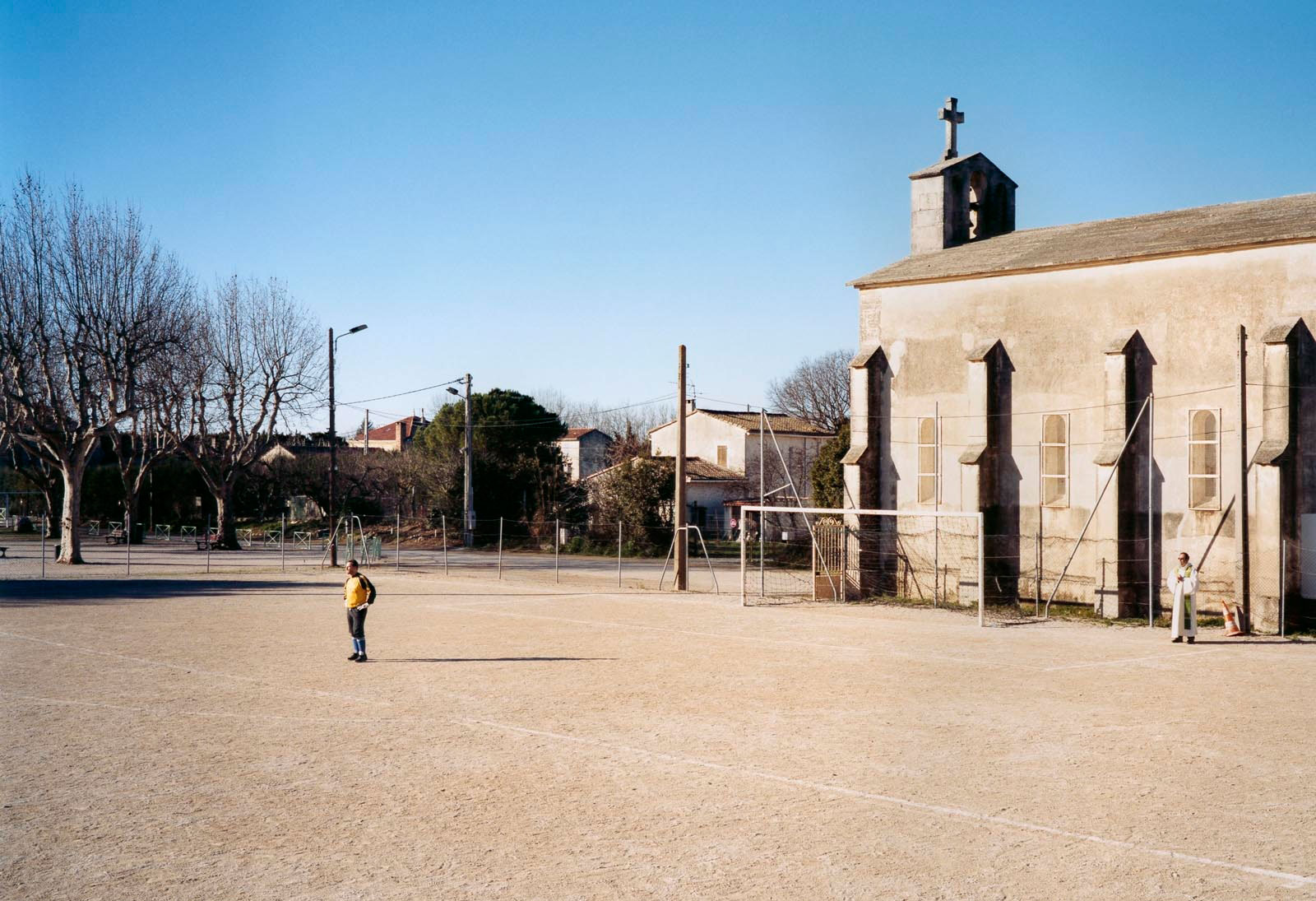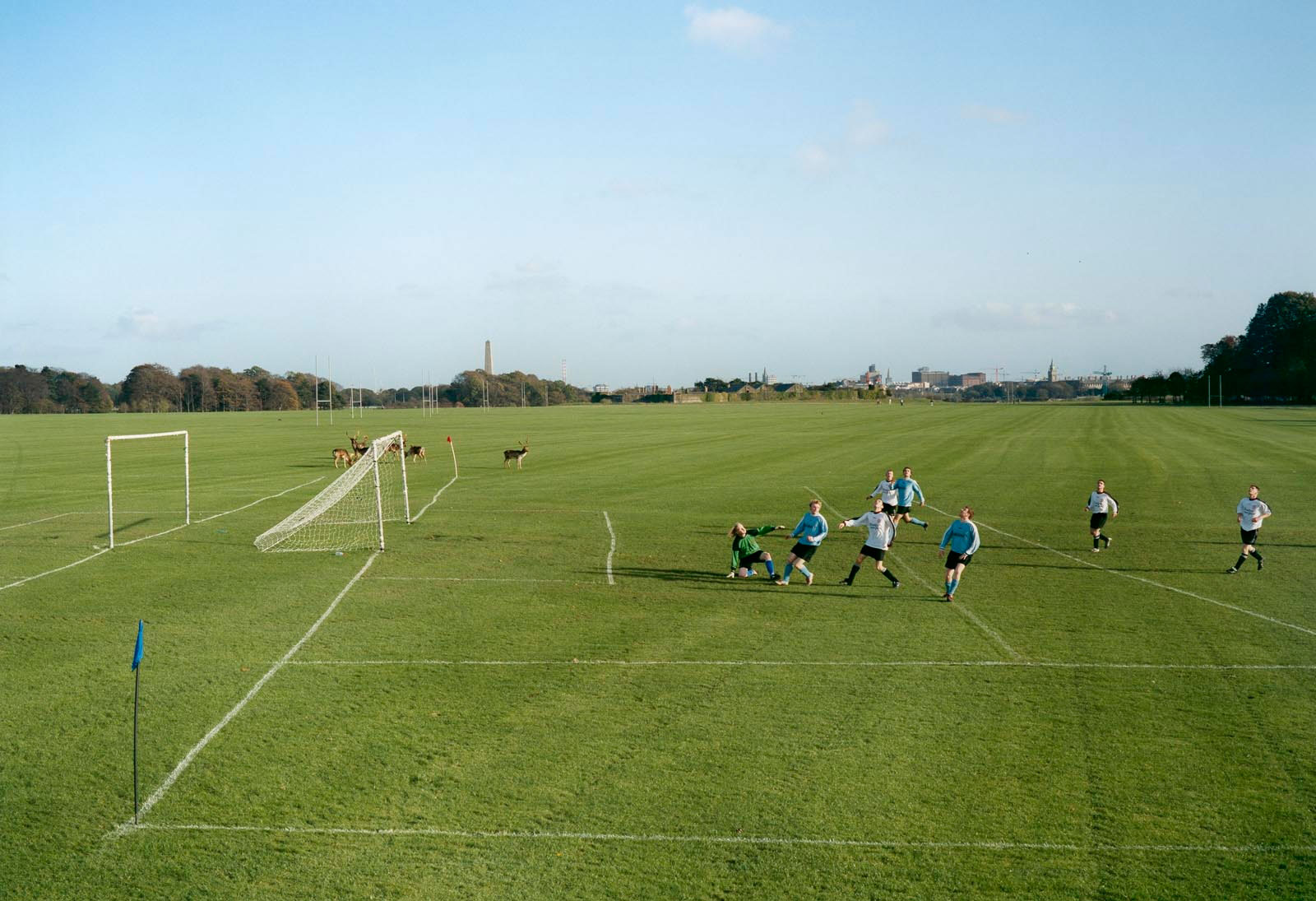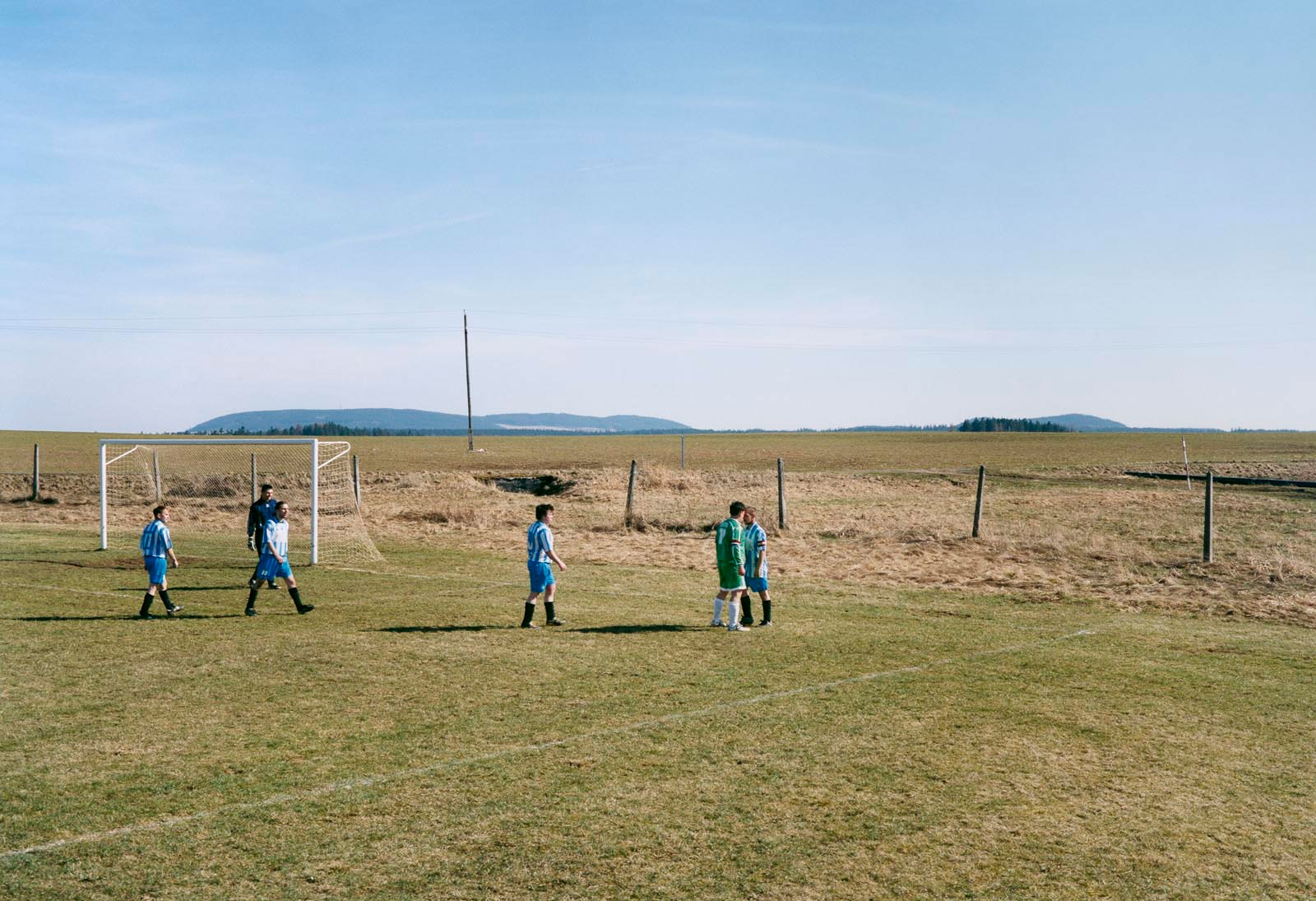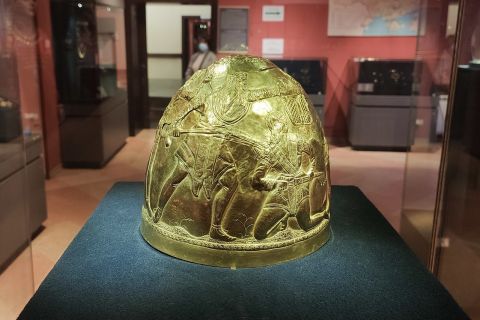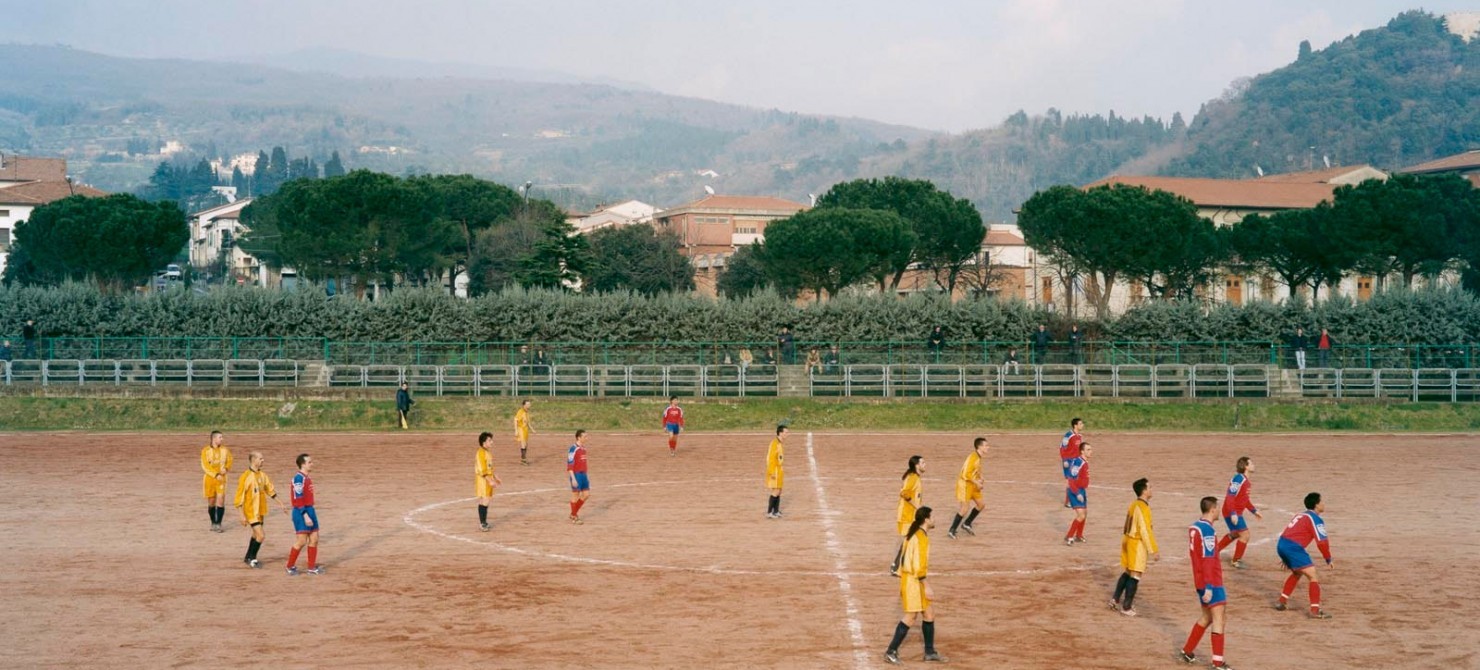
Football for Us: Why Lower-League Matches Are Better than Big Sport
You won’t see Juventus or Barcelona scouts at these matches, there is no million-dollar prize on the line, and the majority of the players watch elite champions through a television. But it’s exactly in this place that the spirit of the very old school is alive, where the only things that matter are participation in The Game and the chance to get on the field for an hour and a half and forget about everything else. The desire to compete and to play is something that is in the very framework of the nature of man, an instinct older than many of the constructions that we’ve agreed upon as “culture.”
The desire to test yourself rests even within the best of the professionals who have achieved everything in life. Jurgen Klinsmann, the great German forward, decided to play again for the love of the game in the USA five years after his career had finished. A European and world champion and the man who was called the “Golden Bombardier” played under the pseudonym Jay Goppingen (J being the first letter of the name Jurgen, Goppingen being the name of his hometown), and after he was exposed, he admitted that he didn’t get the same pleasure from the game that he got at the beginning of his career. Klinsmann didn’t have to say it through his agent, the press or through fans, and he wasn’t pressured by his partners into playing again. In a word, he was being himself.
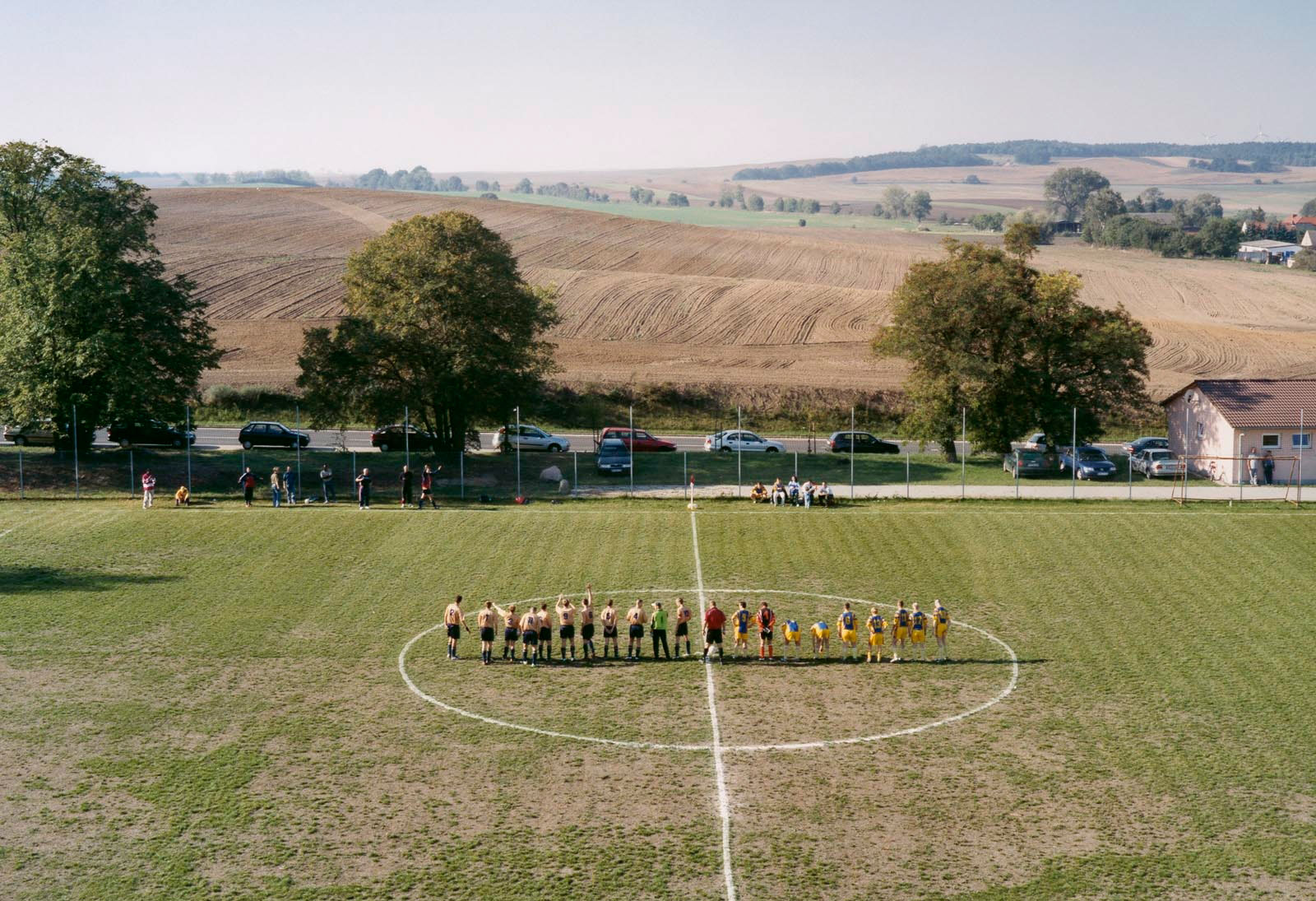
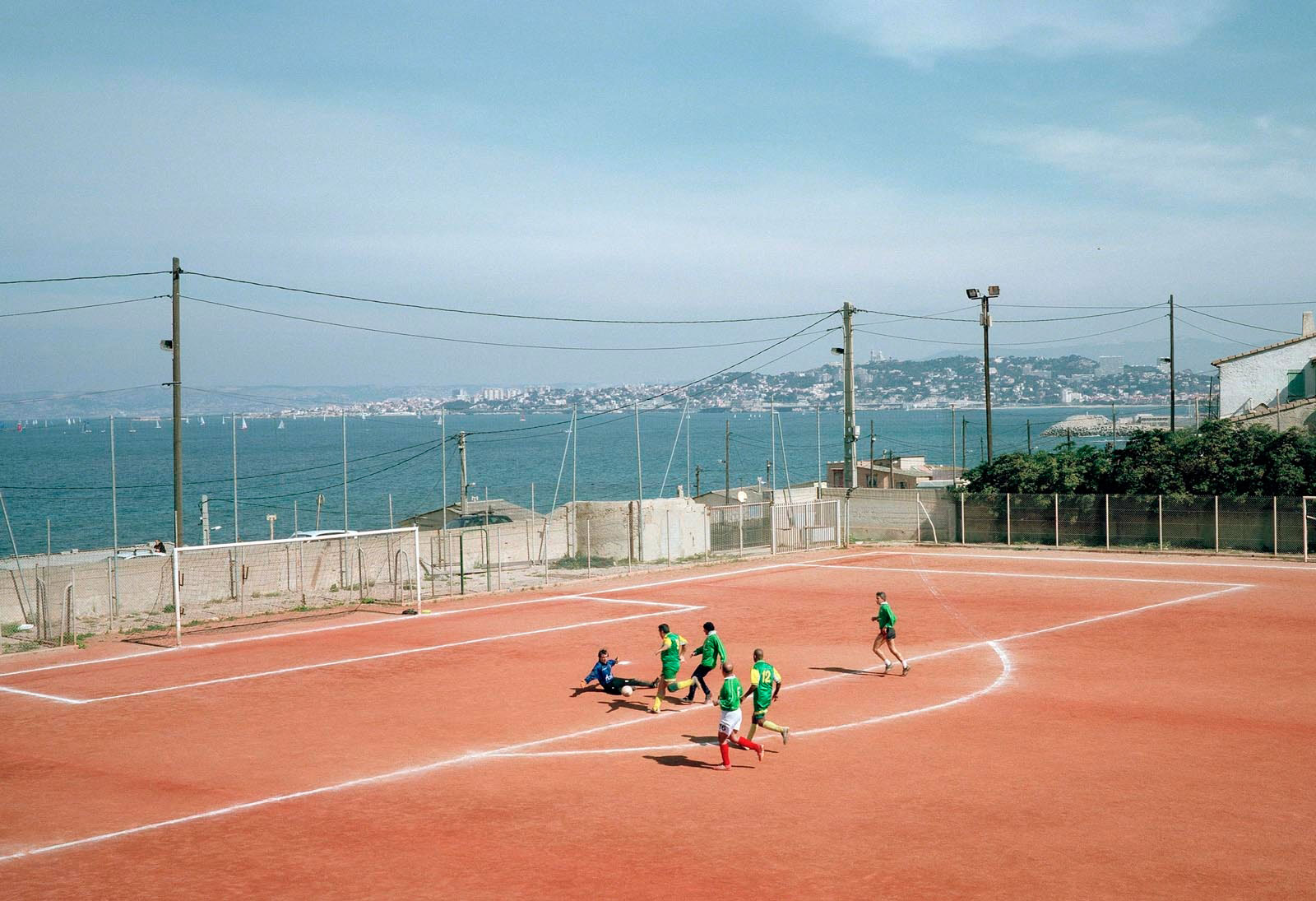
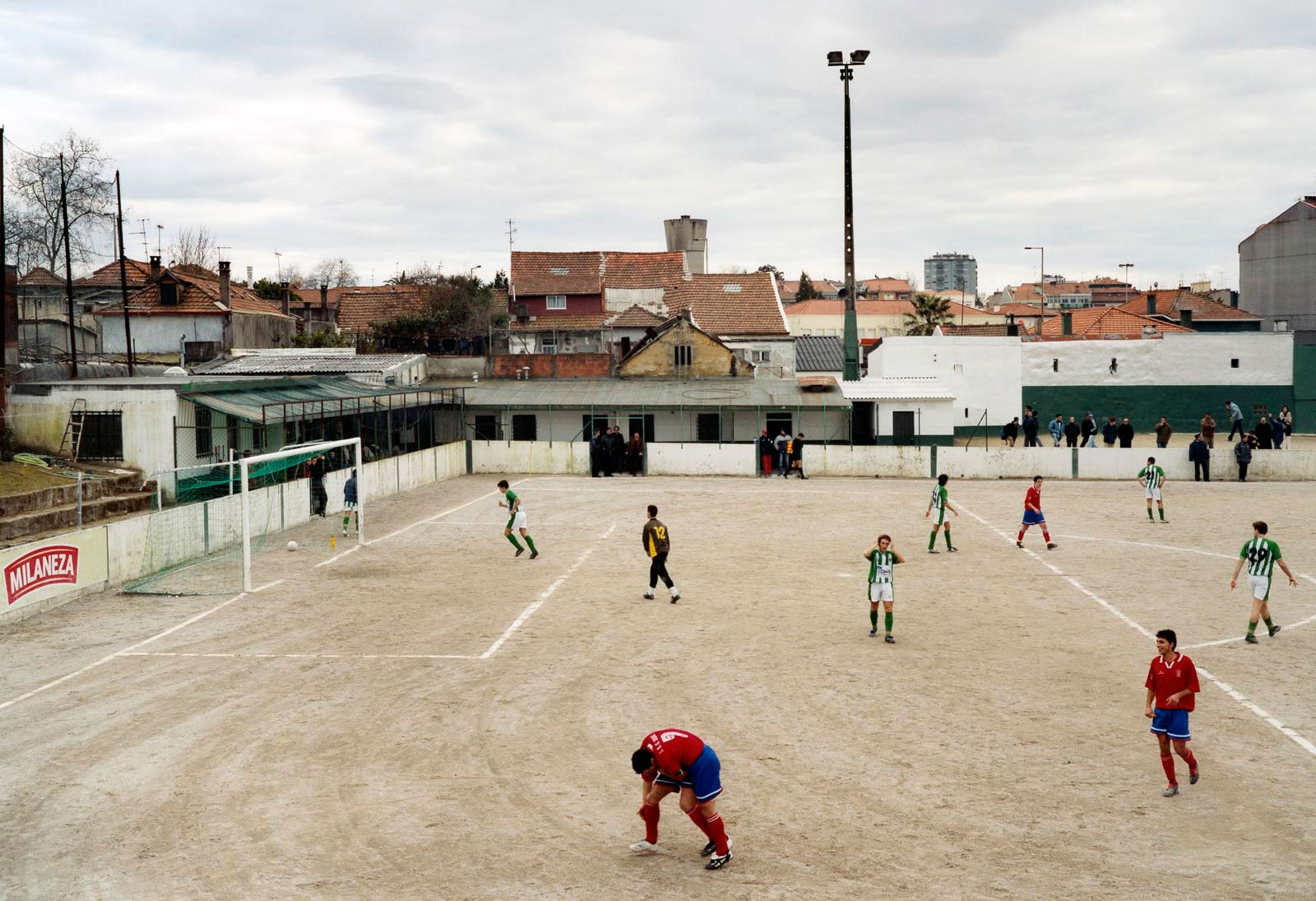
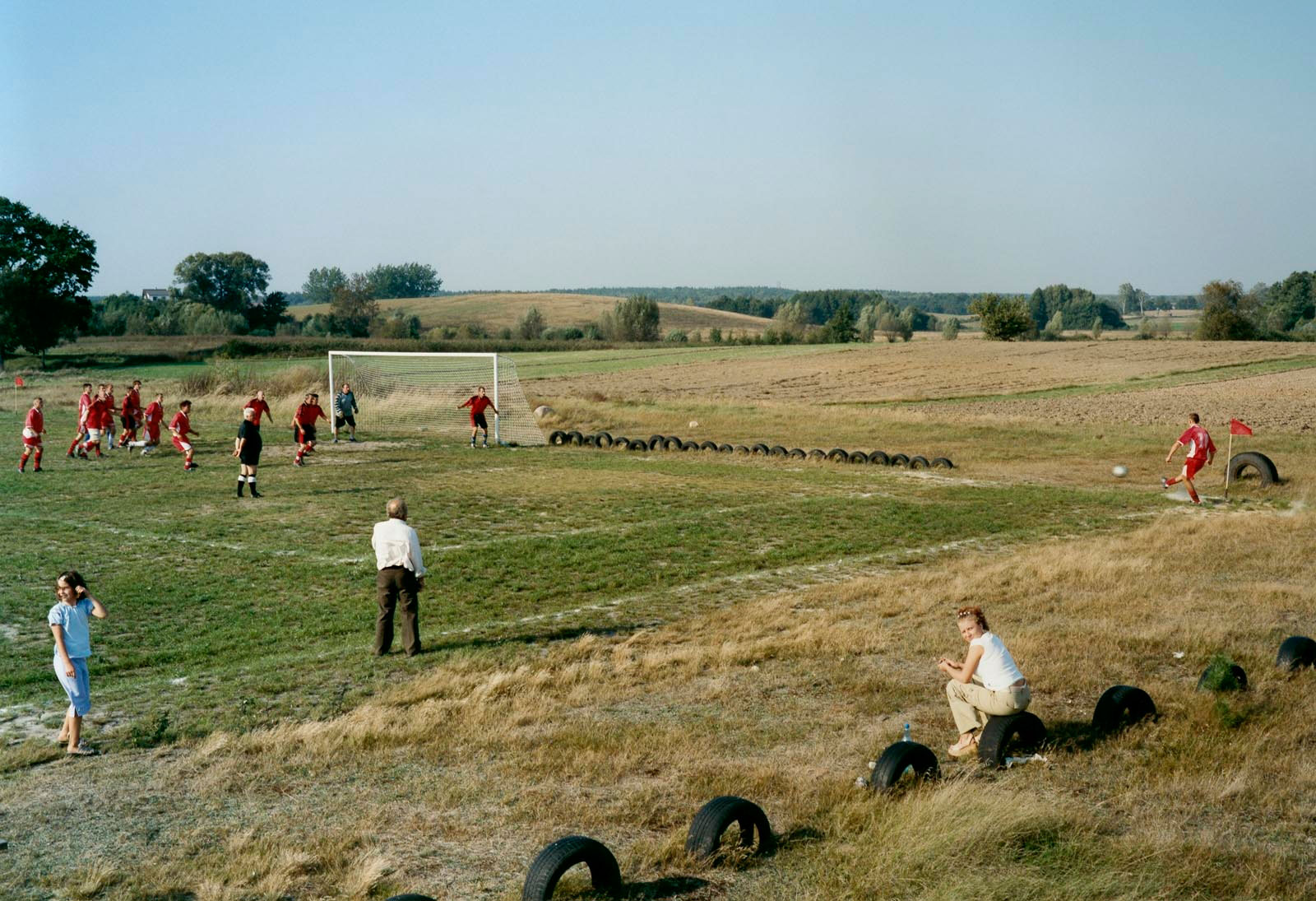
In this sense, there is a difference between the game and the sport. The Dutch philosopher Johan Huizinga claimed that, from an aesthetic point of view, the game will infinitely be superior to the sport. The threshold for entering the professional ranks of the sport is incredibly high and many people lose years of their lives in pursuit of such success. The game, in Huizinga’s view, has the ability to cultivate both an individual and humanity as a whole.
It’s not clear if Hans van der Meer was able to read the works of his fellow Dutchman, but van der Meer’s photo series that is dedicated to lower-league football is the kind of stuff that takes us back to our childhood, to the beginning, when you played just because you liked it.
A wasteland among the apartment blocks, sandy pitches, tires in place of bleachers, the need to run after a ball that’s just gone sailing – my God, what’s the difference where and with whom we play?
Out here, it’s just you, the ball, your team and the opposing team, and getting the ball through the posts at all costs is all that matters. Everything else is for later.
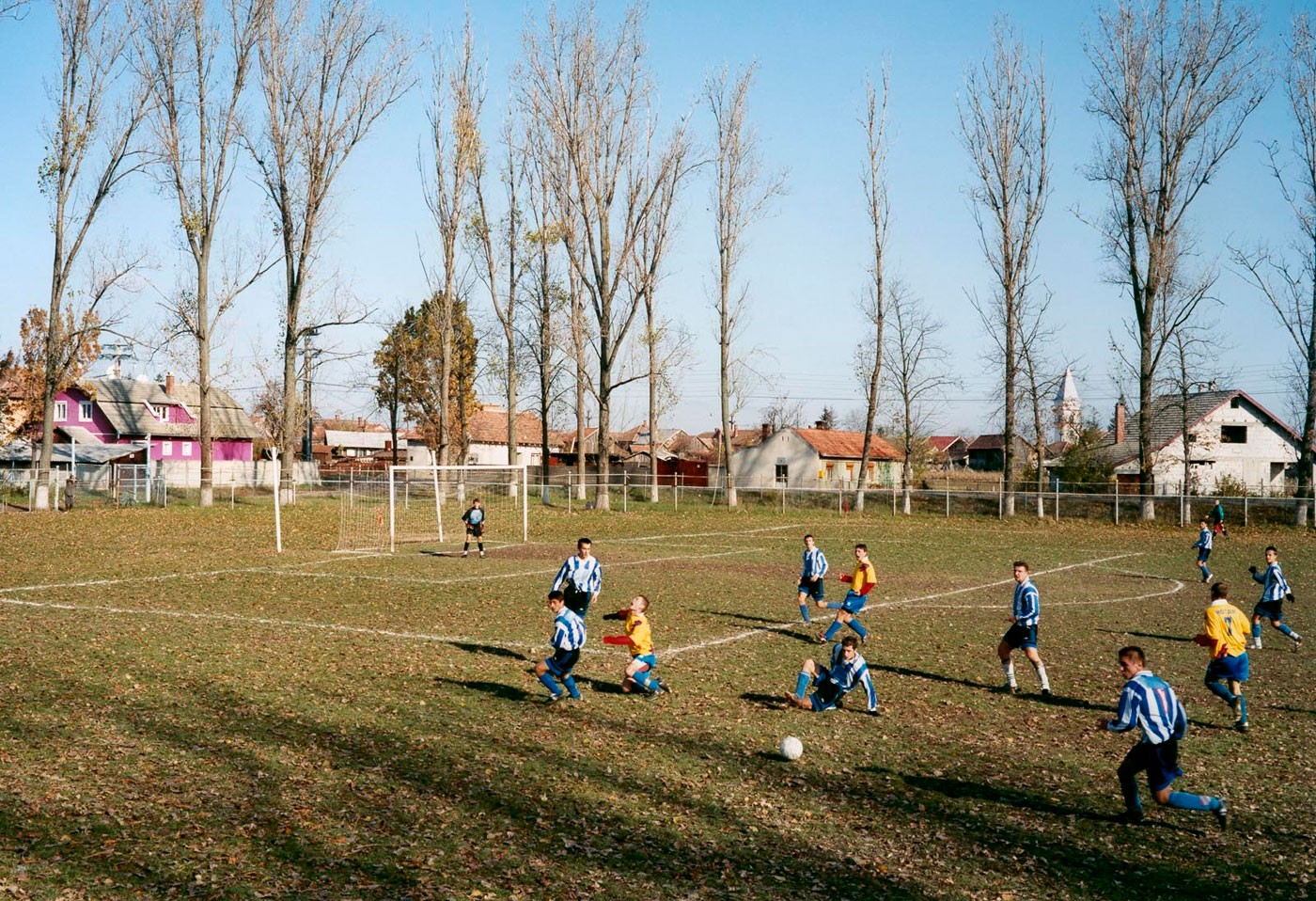
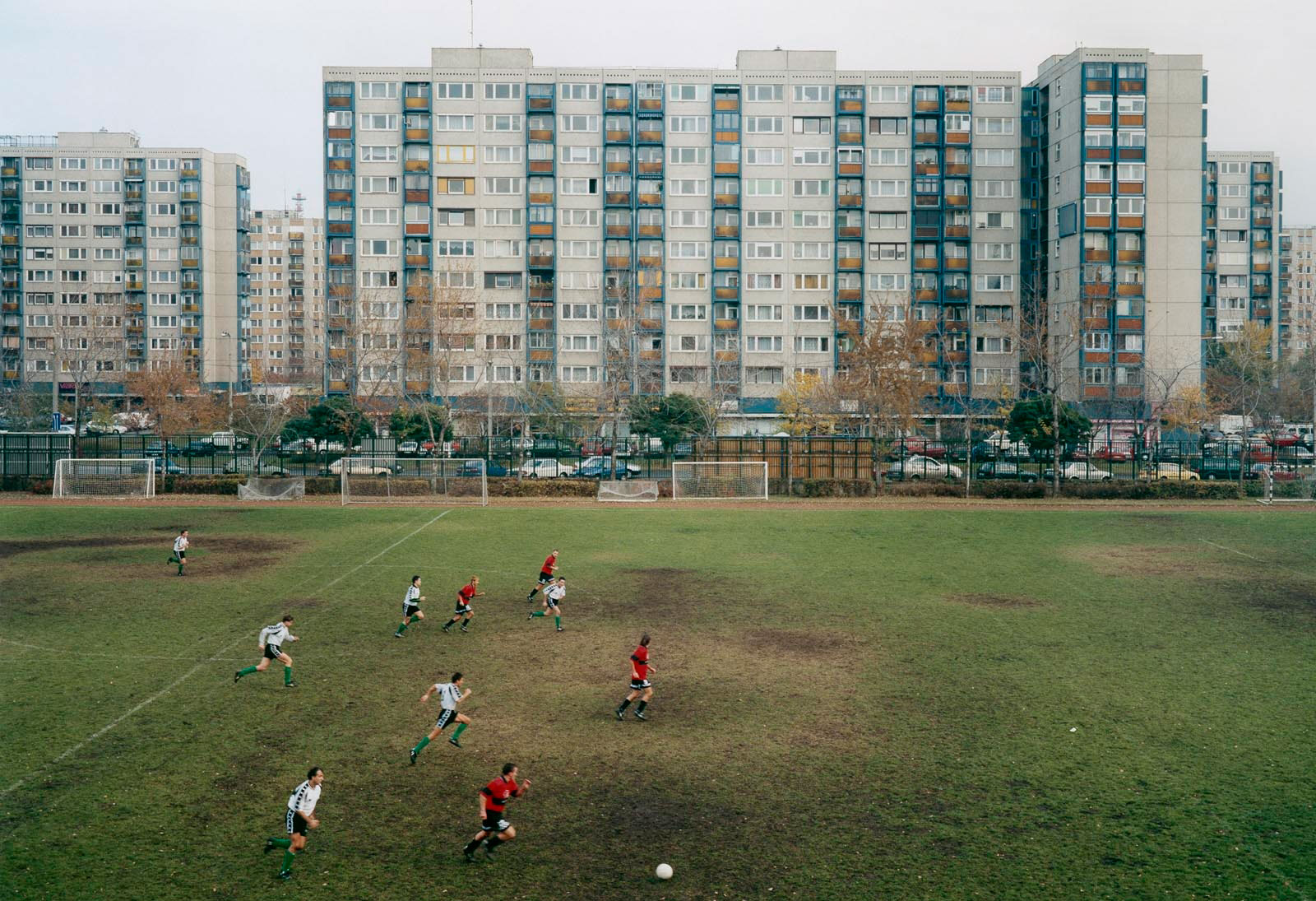
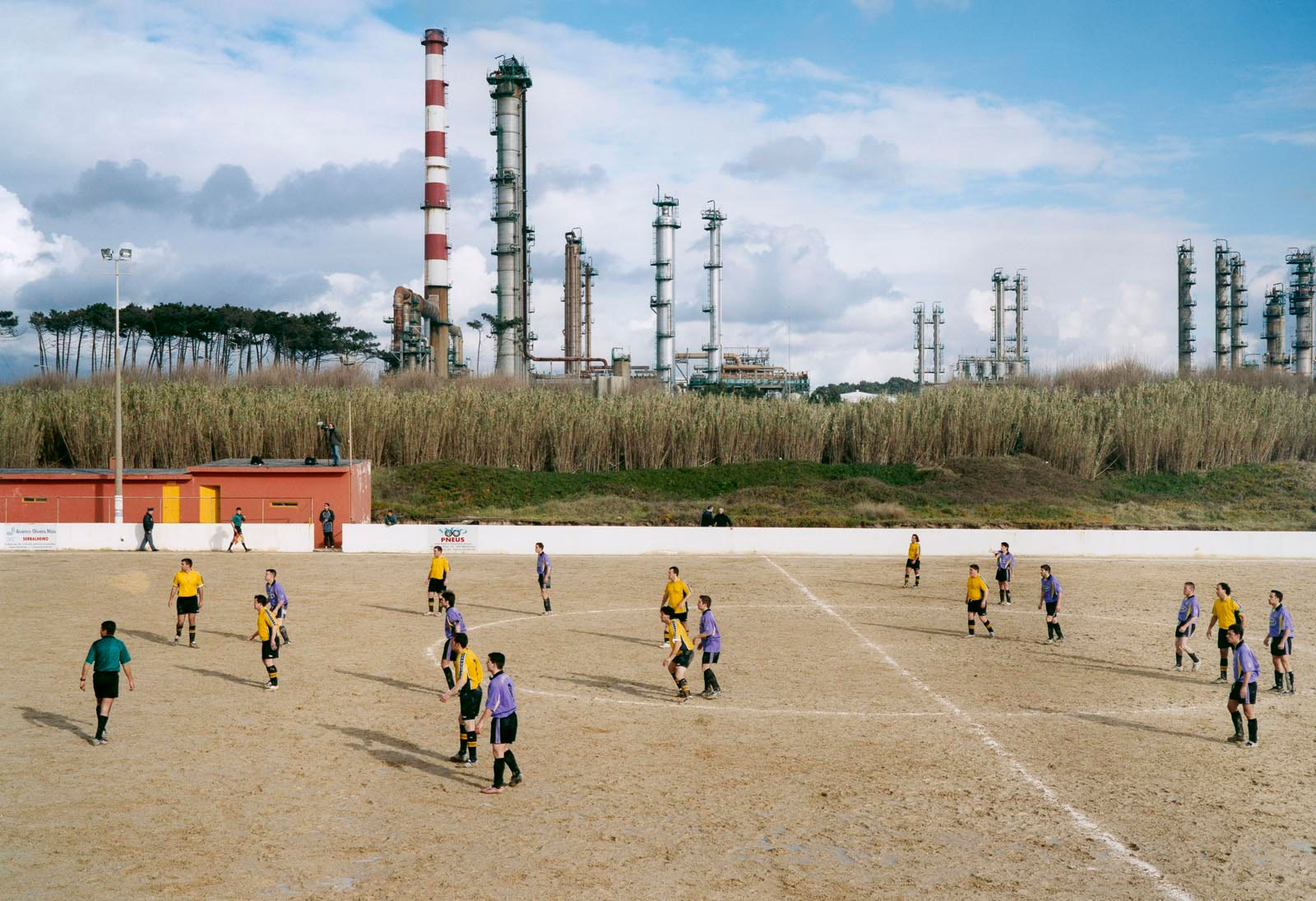
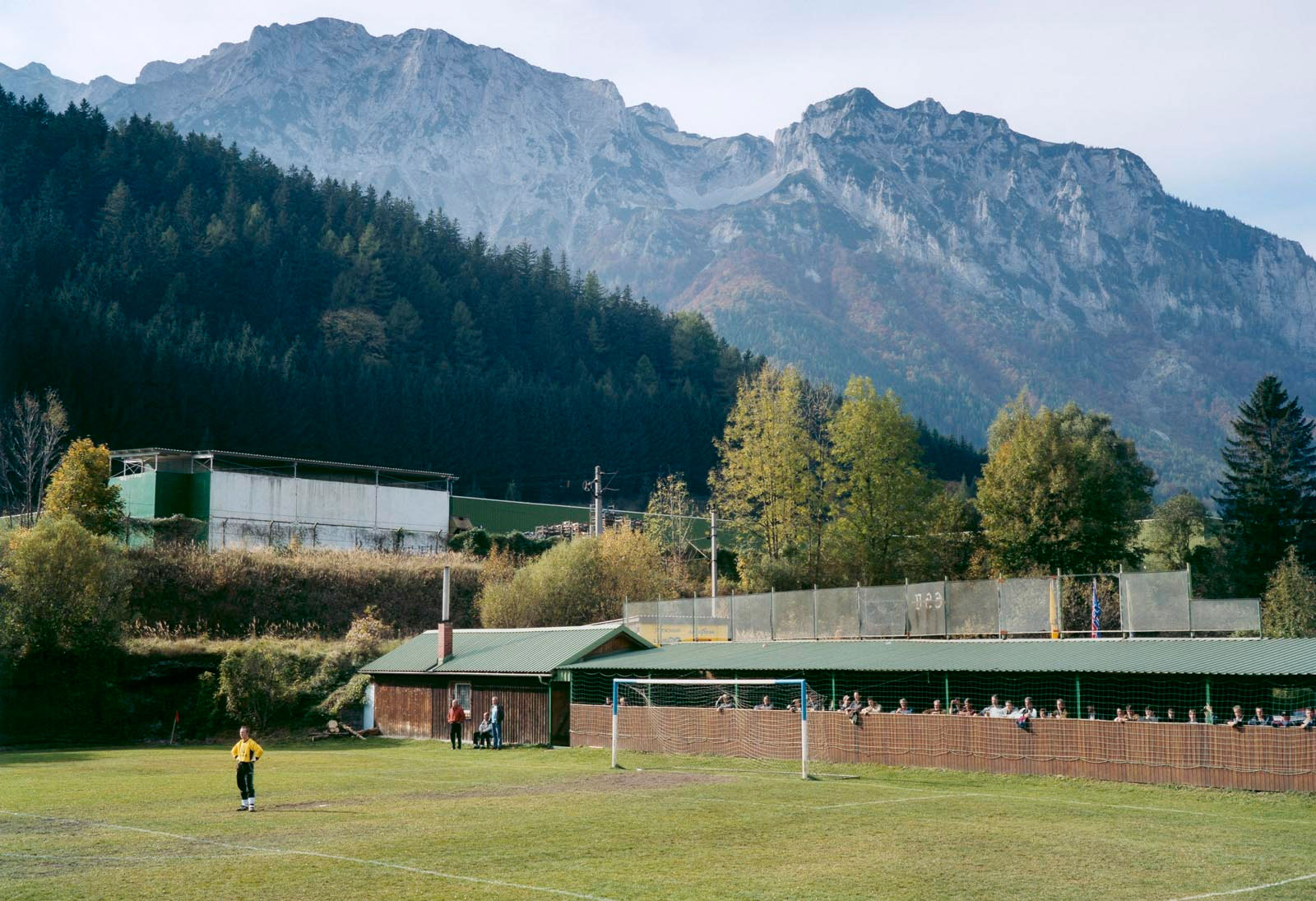
Sometimes, out of that “later” comes a wonderful story, like what happened to the English “United of Manchester.” This club was founded 10 years ago by fans of the world famous Manchester United, fans who were upset that their favorite club had been bought by Americans. “A club by the fans and for the fans,” as the rebels portray themselves, started its path to the top in Division Two of the North West Counties League – such a pretentious name carries with it the weight of the tenth-best league in English football.
Players were chosen through adverts and, after a couple hundred tried out, a squad that would eventually meet in a match with its former idols was formed.
The idea of a team that had wearing adverts on the front of its jerseys forbidden in its charter and that made all decisions through a body chosen by its fans gained popularity. “United of Manchester” is gradually making its way to the top, now playing in the sixth-strongest English league, but no one on the team is saying anything about the necessity to go further. And it’s not just window-dressing; it’s the embodiment of Sting’s lyrics: “he doesn’t play for the money he wins, he don’t play for respect.”
Yes, it’s true that the footballers in these pictures might go their whole lives without seeing fireworks lit in their honor. However, it’s right here where you can see football in its purest form, forcing you to believe that miracles can and do happen, bringing joy to the game, happiness for all involved and all for nothing – and let no one walk away offended from it.

